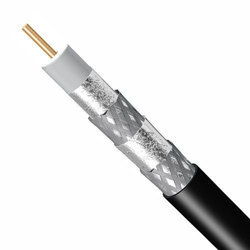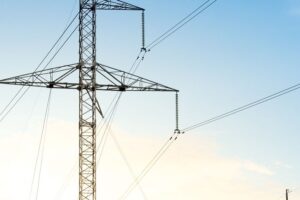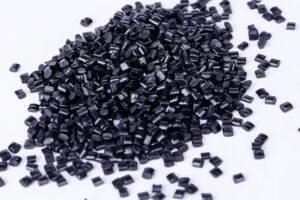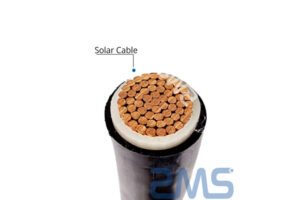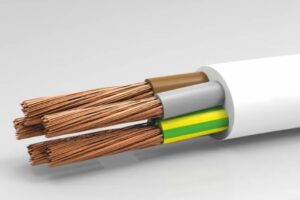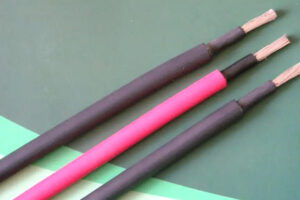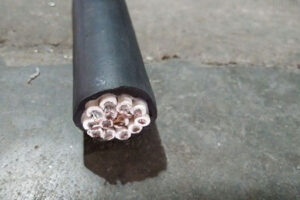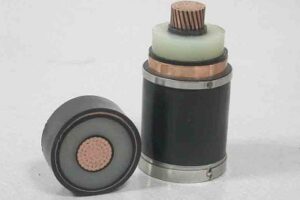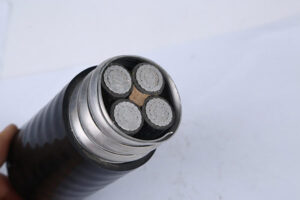There are two types of cables, single core cables and multi-core cables.
Because cabling is the most popular (and in most cases the only) way to power a site.
So, they are everywhere. You can find them in homes, factories, public buildings, roads and shopping malls.
A single core underground cable may not be visible because it is buried in a trench, while a multi-core cable application may be visible to all, running on a wall or ceiling.
This raises the question: what is a single core cable or a multi-core cable?
Why do you choose to use multi-core cables instead of single core cables?

